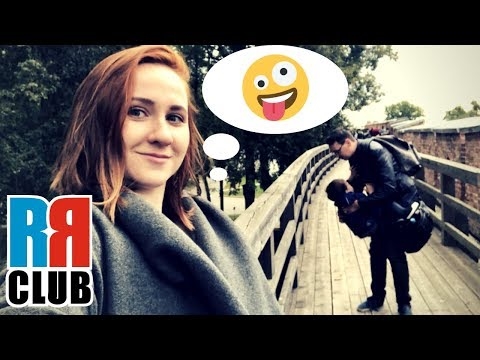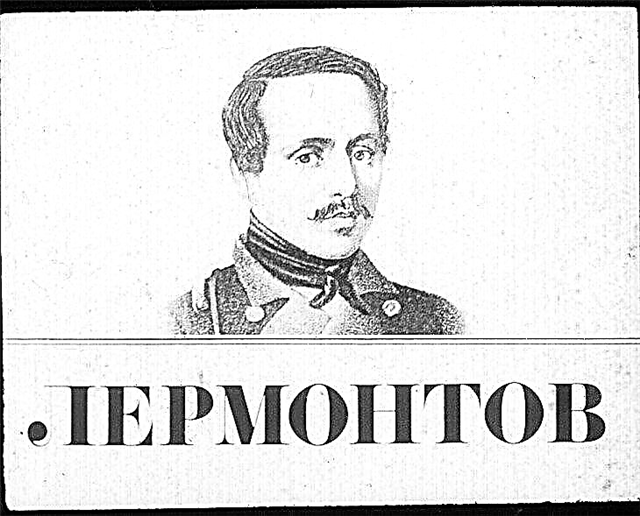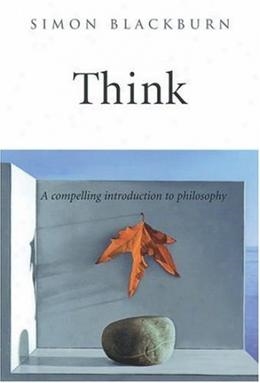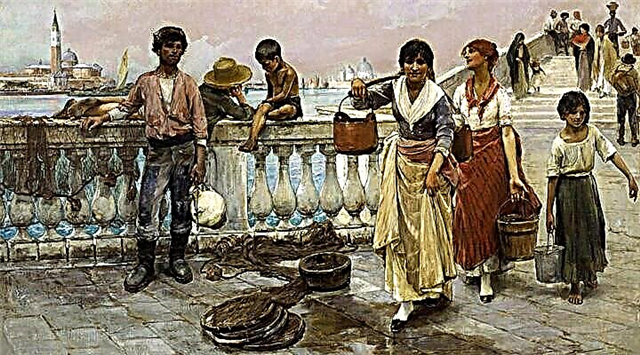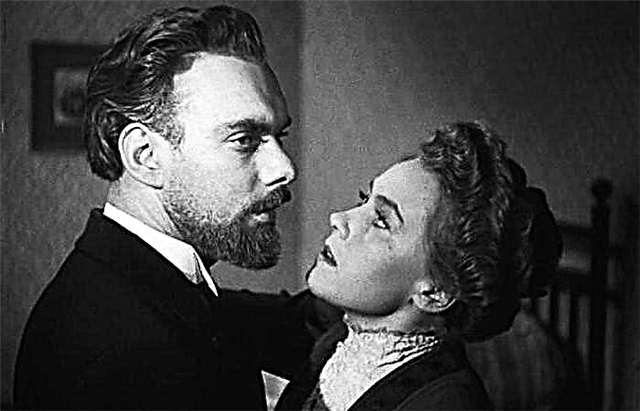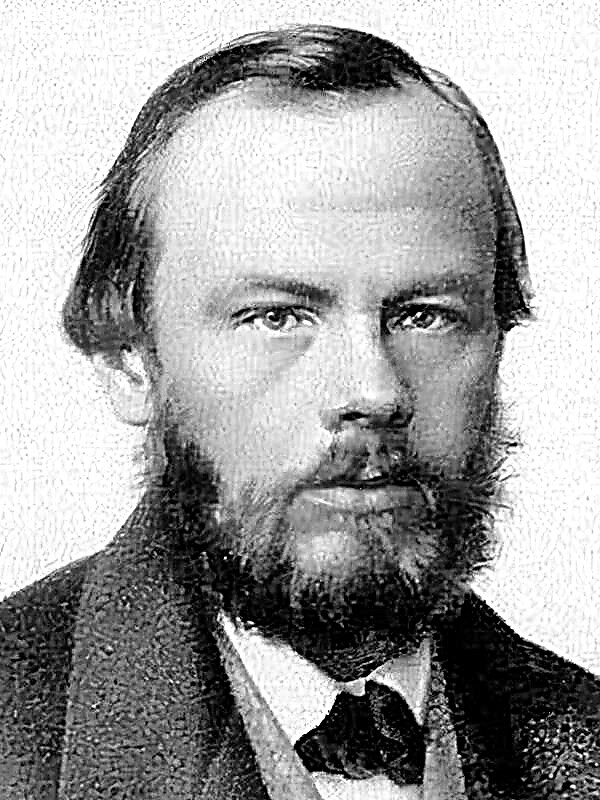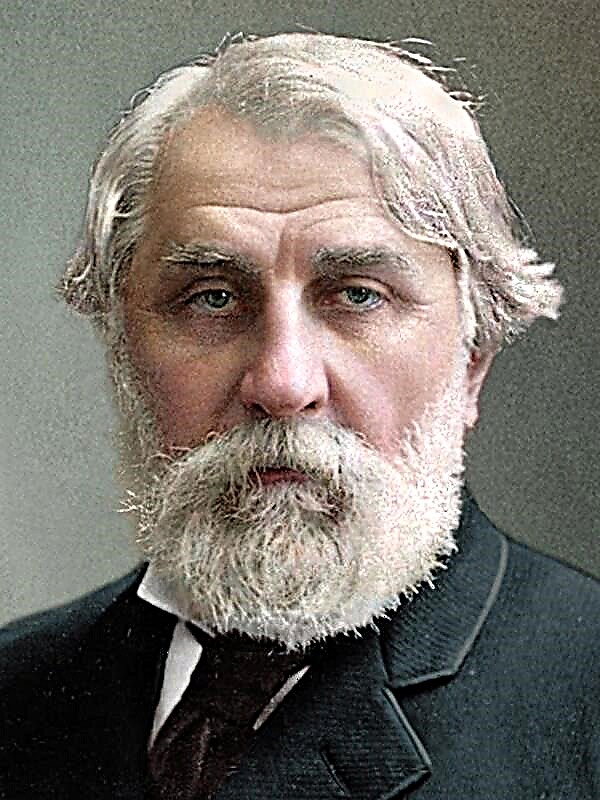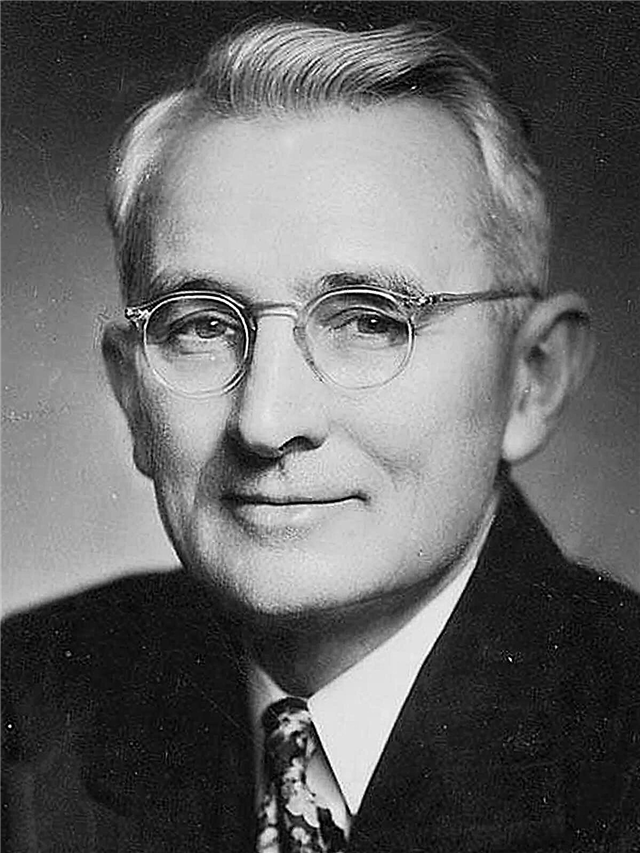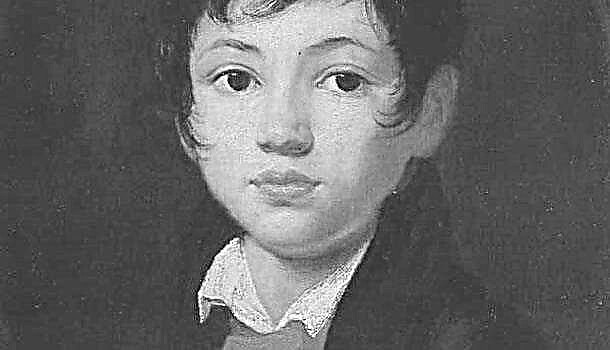The novel is dedicated to the history of the Lashkovs working family. The book consists of seven parts, each of which is called by the days of the week and tells about one of the Lashkovs.
Apparently, the action takes place in the 60s, but the memories cover episodes from previous decades. There are a lot of heroes in the novel, dozens of fates - as a rule, crippled and awkward. All the Lashkovs are also unhappy - although, it would seem, this large, working and honest family could live happily and comfortably. But time seemed to have passed on the Lashkov inexorable rink.
Monday. (The path to oneself.) The eldest of the Lashkovs, Pyotr Vasilyevich, came to Uzlovoye from a young age, a small station city, got a job on the railway, rose to the rank of chief conductor, then retired. He married Mary for love. They raised six children. What is the result? Emptiness.
The fact is that Pyotr Vasilievich was an ideological, partisan and implacable person. He introduced “train” directness into the life of his relatives and most often used the word “not allowed”. Three sons and two daughters left him, and Pyotr Vasilyevich stubbornly waited for them to return with confession. But the children did not return. Instead, news of their death came. Both daughters died. One son was arrested. The other two died in the war. The wordless Maria has decayed. And the last of the children, Antonina, who remained with her father, did not hear a kind word from him. For years, he didn’t even look at her over the wooden partition.
There were cases in his Putovsky’s work that were memorable for his whole life, when his directness turned into good and evil. He could not forgive his assistant Foma Leskov, who once used the war as an unrequited girl with disabilities on a flight. Leskov died after many years from a serious illness. Lashkov met a funeral procession on the street "and only then thought about the fate of Thomas and his family. It turned out that the son of Leskov, Nikolai, had just left the prison and was embittered at everyone ...
There was another case - Lashkov had to investigate one accident. If not for him, the young driver would have been threatened with arrest and execution. However, Pyotr Vasilyevich got to the bottom of the truth and proved that the engineer had nothing to do with it. Many years passed, now the kid he saved became an important boss, and sometimes Lashkov bothered him with some requests - always about someone or the city as a whole, but never about himself. Now it was to this man that he went to get a job about Nikolai Leskov.
The one to whom Lashkov had prepared “nine grams”, the former head of the Mironov station, also lived in Uzlovsk. They accused him of sabotage, and Lashkov was again included in the investigative task force. The head of the regional Cheka pressed, and he succumbed and decided to shoot Mironov. The executor of the order, however, secretly released the arrested. Mironov escaped, then changed his name and got a job as a lubricant on the same road.
Old age began to disturb Pyotr Vasilyevich with thoughts about the past, or with strange colorful dreams. Among the memoirs there was one, the deepest and farthest: once in his youth during the unrest in the depot, when there was a shootout in the square, Lashkov crawled to the broken window in the shop of the merchant Turkov. He was haunted by an amber ham flaunting behind glass. And when the guy, risking his life, reached the coveted window, it turned out that in his hands a cardboard fake ...
This feeling of something deceiving began to defeat Pyotr Vasilyevich. The rooted consciousness of one's own right life shook. The durable world he built seemed to stagger. He suddenly felt the bitter longing of the girls of Antonina who had remained until the age of forty. I learned that my daughter secretly goes to the prayer house, where the former greaser, Gupak, the same Mironov, preaches. And he also realized the alienation that lay between him and his countrymen. All of them were people, though sinful, but alive. Some dead land came from him, flowing from the black-and-white perception of the environment. He began to slowly comprehend that life was lived "blindly, though violently." That he fenced off a shaky line even from his own children and could not convey his truth to them.
Antonina became the wife of Nikolai Leskov and enlisted with him to the North. The wedding was very modest. And in the registry office, they met with a chic company in three limousines. It was the daughter of the local shabashnik Gusev who was married. At one time, he remained with the Germans, explaining to Lashkova: "For me, whatever power is, all is one ... I will not be lost." And did not disappear.
Tuesday. (Driving.) This part is dedicated to the younger brother of Peter Vasilievich Lashkov - Andrei, more precisely, the main episode of his life. During the war, Andrei was instructed to evacuate the entire district cattle - to overtake him from Uzlovsk to Derbent. Andrei was a Komsomol member, sincere and convinced. He idolized Brother Peter - he charged him with "fierce determination and faith in their appointment in the common cause." A little embarrassed by his rear task at a time when peers were fighting at the front, Andrei eagerly undertook to carry out the assignment.
This difficult winter stage was for the young man the first experience of self-management of people. He faced an endless national disaster, saw trains with prisoners behind barbed wire, saw a crowd tearing a horse-thief, he witnessed how the operas shot some obstinate collective farm boss without trial. Gradually, Andrey seemed to wake up from a naive youthful confidence in the perfection of Soviet reality. Life without a brother was complicated and confusing. “What is this getting? We drive each other like cattle, only in different directions ... ”Next to him was a former Kornilovets who had already served time, the veterinarian Boboshko. Soft, never complaining, he tried to help Andrey in everything and often worried the young man with unusual judgments.
The most painful experiences of Andrei concerned Alexandra Agureeva. Together with other collective farmers, she accompanied the convoy. Andrei has long loved Alexander. However, she was married for three years, and her husband fought. And yet, at some halt, Alexander herself found Andrei, confessed her love. But their closeness was short-lived. Neither he nor she could step over the guilt of the third. At the end of the journey, Alexandra simply disappeared - she got on the train and left. Andrei, having safely returned the cattle, went straight to the draft board and from there volunteered for the front. In the last conversation, the veterinarian Boboshko told him the parable about Christ, who after the crucifixion speaks so much of human life: “It is unbearable, but beautiful ...”
At the front, Andrei received severe shell shock, and lost his memory for a long time. Called to the hospital, Peter hardly came out of it. Then Andrei returned to Uzlovoe and settled in a forestry area nearby. Alexandra and her husband continued to live in the village. They had three children. Andrei never got married. Only the forest brought him relief. The more difficult he was worried when senselessly cut down the forest for the sake of the plan or the whims of the authorities.
Wednesday .. (Courtyard in the middle of the sky.) Third brother Vasily Lashkov immediately after the civilian donkey in Moscow. Settled as a janitor. And it turned out to be connected with this yard in Sokolniki, and with the house, all his lonely life. Once the mistress of the house was the old woman the Shokolinist. Now many families lived here. In the eyes of Vasily Lashkov, they first got compressed, then they evicted, then they arrested him. Who overgrown with good, who became poor, who profited from someone else's misfortune, who went crazy with what was happening. Vasily had to be a witness, and witnesses, and comfort, and come to the rescue. He tried not to do meannesses.
Hope for personal happiness collapsed due to a damned policy. He fell in love with Pear Gorev, a beauty and a clever girl. But one night they came for her brother - the worker Alexei Gorev. And the more he did not return home. And then the district police officer hinted to Vasily that he should not have met with a relative of the enemy of the people. Vasily was afraid. And Pear did not forgive him for this. She herself soon married the Austrian Otto Stabel, who lived right there. The war has begun. Stacks were arrested, even though he was not German. He returned after the Victory. In the link, Otto started a new family.
Vasily, observing the fate of the residents with whom he was related, he drank himself slowly, not expecting anything from the future.
Once, brother Peter visited him - forty years after separation. The meeting was intense. Peter looked at the neglected housing of his brother with grim reproach. And Vasily told him evil that he “drove” from such as Peter, his whole life as if backwards. Then he went for a bottle - to mark the meeting. Peter stomped on and left, deciding that it would be better.
Late in the fall, Pear was buried. The whole yard mourned her. Basil looked out of the window, and his heart was bitterly compressed. “What did we find when we came here,” he thought of his court. - Joy? Hope? Faith? .. What brought here? Good? Warmth? Light? .. No, we didn’t bring anything, but we all lost ... "
In the depths of the courtyard, the black and ancient old woman Shokolinist, who outlived many of the residents, silently moved her lips. This was the last thing that Vasily saw when he collapsed on the windowsill ...
Thursday, (Late World.) Nephew of Pyotr Vasilyevich Lashkov - Vadim - grew up in an orphanage. His father was arrested and shot, his mother died. From Bashkiria, Vadim moved to Moscow, worked as a house painter, lived in a hostel. Then he made his way into the actors. He traveled with pop bands around the country, got used to random earnings and random people. Friends were also random. And even his wife was an outsider to him. Cheated, lied. Once, returning from another tour, Vadim felt such a dizzying, intolerable emptiness in his soul that he could not stand it and opened the gas ... He survived, but his wife's relatives sent him to a psychiatric clinic outside the city. Here we meet him.
Vadim’s neighbors in the hospital are a variety of people - a tramp, a worker, a priest, a director. Everyone has their own truth. Some are imprisoned here for dissent and rejection of the system - like Father George. Vadim comes within these walls to a firm decision: to finish with his acting, to start a new, meaningful life. Priest's daughter Natasha helps him escape from the hospital. Vadim understands that he met his love. But at the very first station he was detained in order to return to the hospital again ...
Only grandfather Peter, with his perseverance, would later help his nephew. He will reach high offices, arrange custody and rescue Vadim. And then he will arrange it in the forestry to his brother Andrei.
Friday. (Labyrinth.) This time, the action takes place at a construction site in Central Asia, where Antonin Lashkov and her husband Nikolai brought in another recruitment. Antonina is already expecting a baby, so she wants peace and her own corner. In the meantime, we have to poke around the shafts.
Once again, we plunge into the thick of people's life, with drunken debates about the most important thing, disputes with the authorities over outfits and salty jokes in the dining room. One person from Antonina’s new environment stands out sharply, as if marked by some kind of inner light. This is the team leader Osip Mekler - a Muscovite who voluntarily decided after school to test himself at the ends of the world and in the hardest work. He is convinced that Jews are not loved "for well-being, non-participation in universal poverty." Osip is unusually hardworking and honest, he does everything in good faith. A miracle happened - Antonina suddenly felt that she really fell in love with this man. Despite her husband's pregnancy ... Of course, this remained her secret.
And then events unfolded tragically. The fellow foreman behind Meckler persuaded the brigade to fool around in one operation. But customer representatives discovered the marriage and refused to accept the job. The brigade was left without a salary. Meckler was crushed when it all opened. But even more he was finished off when he found out on which object he had laid out so much: it turned out that their team was building a prison ...
He was found hanging right at a construction site. Nicholas, the husband of Antonina, after what happened half to death, beat the foreman and again went to prison. Antonina was left alone with her newborn son.
Saturday. (Evening and night of the sixth day.) Again Uzlovsk. Pyotr Vasilievich is still immersed in thoughts about the past and the merciless self-esteem of his life. It is becoming clearer to him that from a young age he was chasing a ghost. He became close to Gupak - conversations with him brighten up the current Lashkovsky loneliness. Once a wedding invitation came to the leshoz: Andrei and Alexandra finally got married after the death of her husband Alexandra. Their happiness, albeit at a young age, burned Pyotr Vasilyevich with keen joy. Then another news came - about the death of brother Basil. Lashkov went to Moscow, only ripened at the wake. Otto Stabel told him about the simple yard news and that Vasily was loved here for honesty and ability to work.
Once Gupak, who came to visit, admitted that he had received a letter from Antonina. She wrote about everything that happened at the construction site. Pyotr Vasilievich could not find a place for himself. He wrote to his daughter that he was waiting for her with his grandson, and he himself began to bother with the repair. Helped him to update the five-wall Guseva - those same shabashniki. It just so happened that at the end of his life, Lashkov had to see people in a new way, to discover a riddle in everyone. And, like all the main characters of the novel, he has steadily, slowly and independently made the difficult path from faith in illusion to true faith.
He met his daughter at the station and excitedly accepted from her hands a grandson - also Peter. On this day, he gained a sense of inner peace and balance and realized his "I" as part of a "vast and meaningful whole."
The novel ends with the last, seventh part, consisting of one phrase: “And the seventh day came - the day of hope and resurrection ...”


